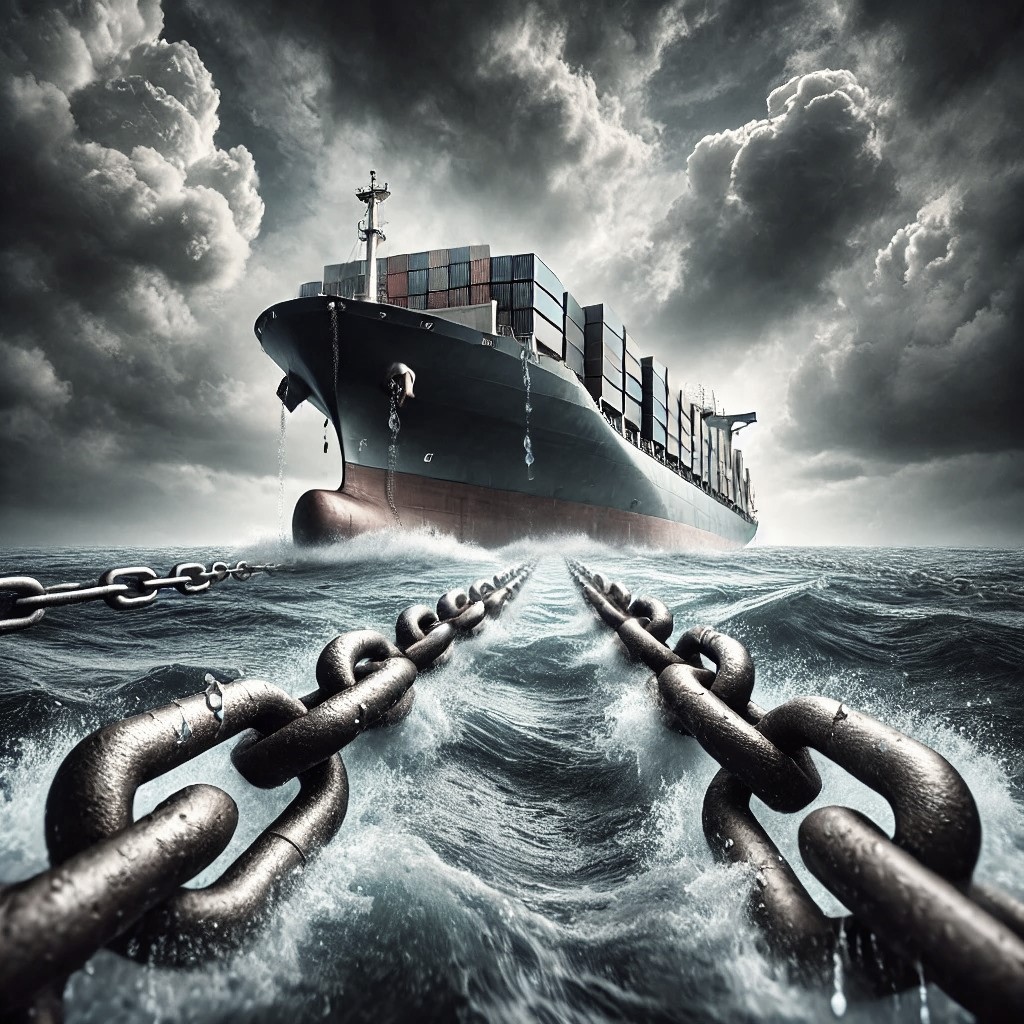Life at sea is challenging, not just because of rough waters and long voyages but due to the intricate logistics behind managing crew operations. The Maritime sector faces a variety of challenges that impact operational efficiency, regulatory compliance, and the well-being of its workforce. While technology has brought advancements, several long-standing issues still require attention to ensure the industry continues to thrive in an evolving global environment.
Identifying Key Challenges in Maritime Operations
Managing The Crew is a complex issue
Managing maritime crews is and remains a daunting task. Companies must coordinate personnel across multiple time zones, handle certifications and ensure that crews meet international regulatory standards.
The fragmented nature of existing systems often requires manual data input and cross-team coordination, leading to inefficiencies and errors. Crew managers are tasked with the overwhelming responsibility of filtering through vast amounts of information to make critical decisions about crew changes, which can result in delayed operations and increased costs.
Regulatory Compliance and Certification Tracking can be a headache
Ensuring compliance with international labour standards, such as those set forth by the Maritime Labour Convention (MLC), is a continuous challenge for maritime companies. Certification tracking for seafarers, for instance, involves regularly updating and verifying various documents and qualifications to meet these standards. The process can be time-consuming and prone to errors when managed manually, putting companies at risk of non-compliance and potential penalties.
Operational Inefficiencies and Fragmented Systems is an every-day reality
Despite the push for digitalization, many maritime companies continue to use legacy systems that require manual intervention and lack integration capabilities. This results in a fragmented approach where multiple teams handle various aspects of crew management without a unified system. These inefficiencies lead to communication gaps, delays in decision-making, and higher operational costs, impacting the industry’s overall productivity.
Global Workforce Management
Managing a diverse, international workforce comes with its own set of challenges, including cultural differences, language barriers, and the logistics of coordinating crew changes across borders. The global nature of the maritime workforce requires companies to be agile and adaptable, yet many lack the tools and systems to manage these complexities efficiently.
Extensive Research to Tackle Maritime Challenges
Addressing these challenges requires more than just a surface-level understanding; it demands in-depth research and collaboration across the industry. Currently, extensive studies and initiatives are underway to find innovative solutions that enhance efficiency, streamline operations, and improve crew welfare. This research involves maritime experts, regulatory bodies, and technology pioneers working together to transform traditional practices into modern, efficient systems.
As part of this effort, Intellar is actively engaged in researching and developing solutions that target these specific issues. Supported by the Research and Innovation Foundation (RIF), Intellar’s ongoing projects are dedicated to understanding the intricacies of crew management, compliance, and operational efficiency. By partnering with key stakeholders and leveraging the latest industry insights, Intellar is committed to leading the way in transforming the maritime industry, ensuring that companies are better equipped to face future challenges.

